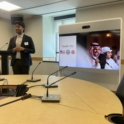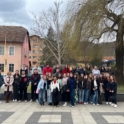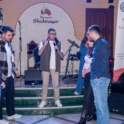Abdulaziz reflects on the highlights from serving as a mentor for CEW.
STORIES
YES Alumni Grant: Clean City Project (Part II)
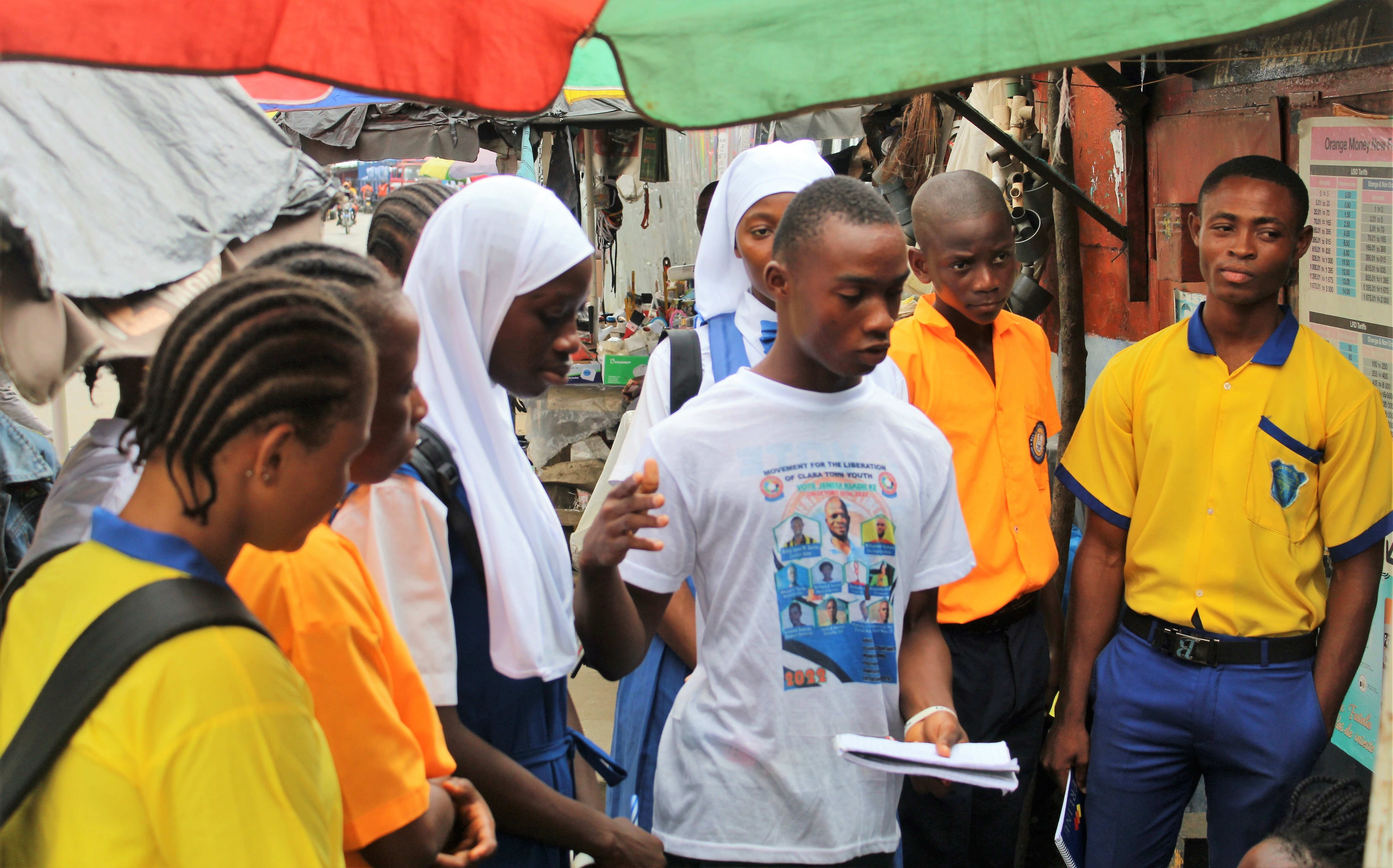
By Alieu J. Pusah (YES 2017-2018, Liberia, placed by AFS-USA in Chicago, IL)
It’s difficult to describe moments that change your perspective, abilities, and the true definition of yourself. The period of my life right before, during, and right after my YES year was a time of transition. It was a groundbreaking stage of my life, where all the moments of adventure and learning equipped me with a compassion for humanity and nature and taught me to be a global citizen with global perspectives for positive change.
This “life in a year” was made even greater by a generous and kind-hearted host dad. His support for my dreams was, and still is, exceptional. He has always encouraged me to strive for my dreams by putting forth the best of my efforts. My American host family, friends, and classmates taught me to take full responsibility for my future and that all goals are achievable through hard work and dedication. These individuals contributed immensely to who I am and who I am becoming, and they challenged me to take action to solve problems faced by my community and country. I am currently enrolled at the African Methodist Episcopal University, where I am studying Environmental Science as an aspiring environmentalist.
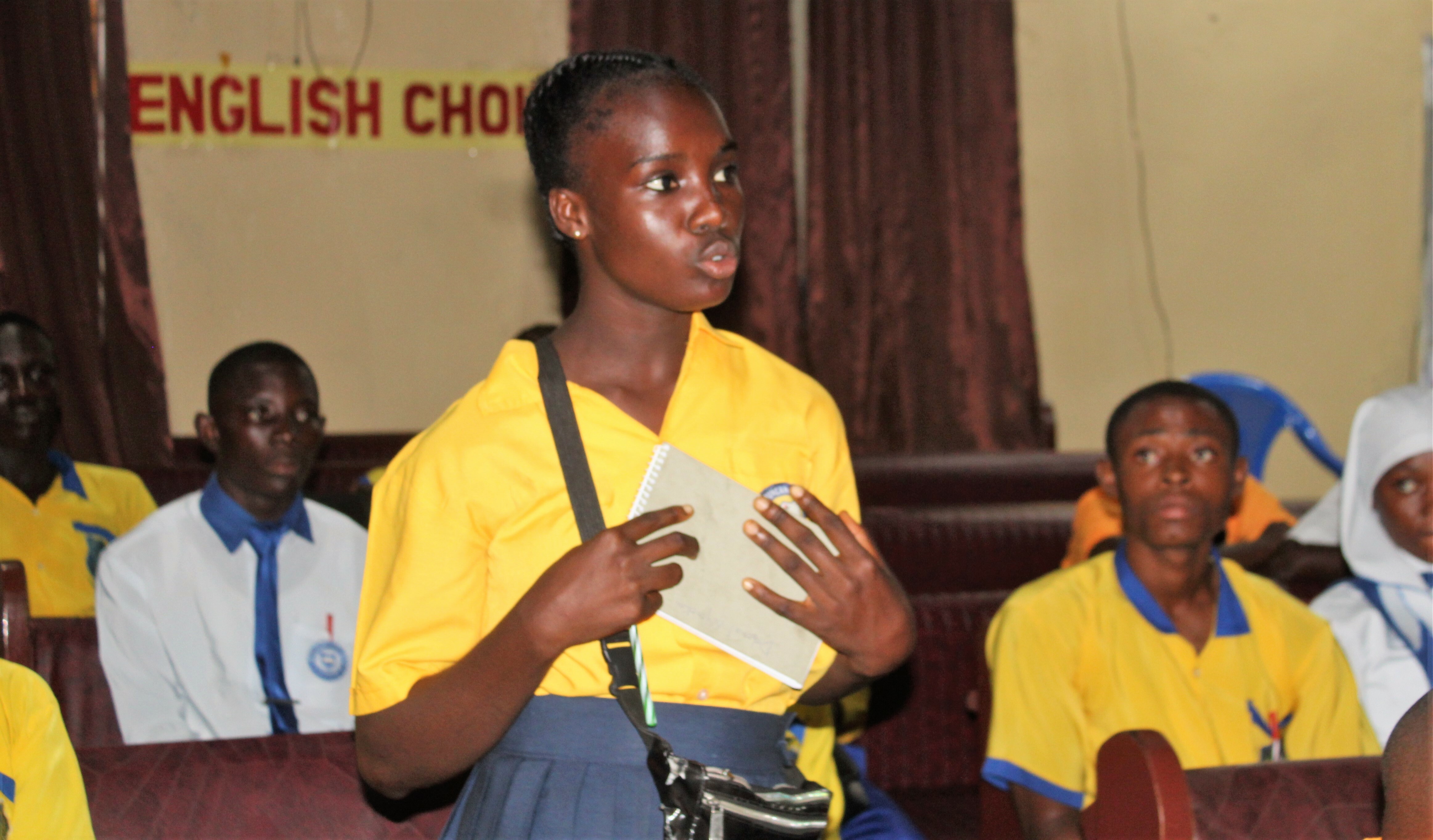
In Liberia, stagnation in economic growth and development has contributed to many environmental issues and health problems. The effects of our country’s prolonged civil war are still felt, especially in the waste system infrastructure that was destroyed beyond repair during the conflict. Urbanization in cities with poor or no waste management systems is also having a detrimental impact. In Monrovia, most waste is dumped at street corners or on abandoned stretches of land, causing deadly health problems such as malaria and typhoid. Discarded plastic makes its way into rivers and, subsequently, the ocean, affecting the marine ecosystem and humans’ long-term survival on this planet. The environmental, social, and economic problems in Liberia have challenged young entrepreneurs and environmentalists like me to see these problems as opportunities to provide innovative, sustainable, technology-based solutions so that future generations can thrive.
After receiving a 2020 YES Alumni Grant and successfully carrying out the first edition of the Clean City project, I applied for another grant to hold a second edition in 2022. In partnership with Green Hope Foundation and Green Cities, Inc., the project consisted of a workshop for 50 youth, ages 15 to 20, from the Clara Town community to teach them how to reduce and manage waste and to educate them on the importance of youth engagement in the struggle against climate change. Participants were also trained on community engagement to continue serving as climate ambassadors and initiate their own local activities after the workshop was complete. We took participants on a field trip, where they shared what they had learned with shoppers and other community members at a local market.
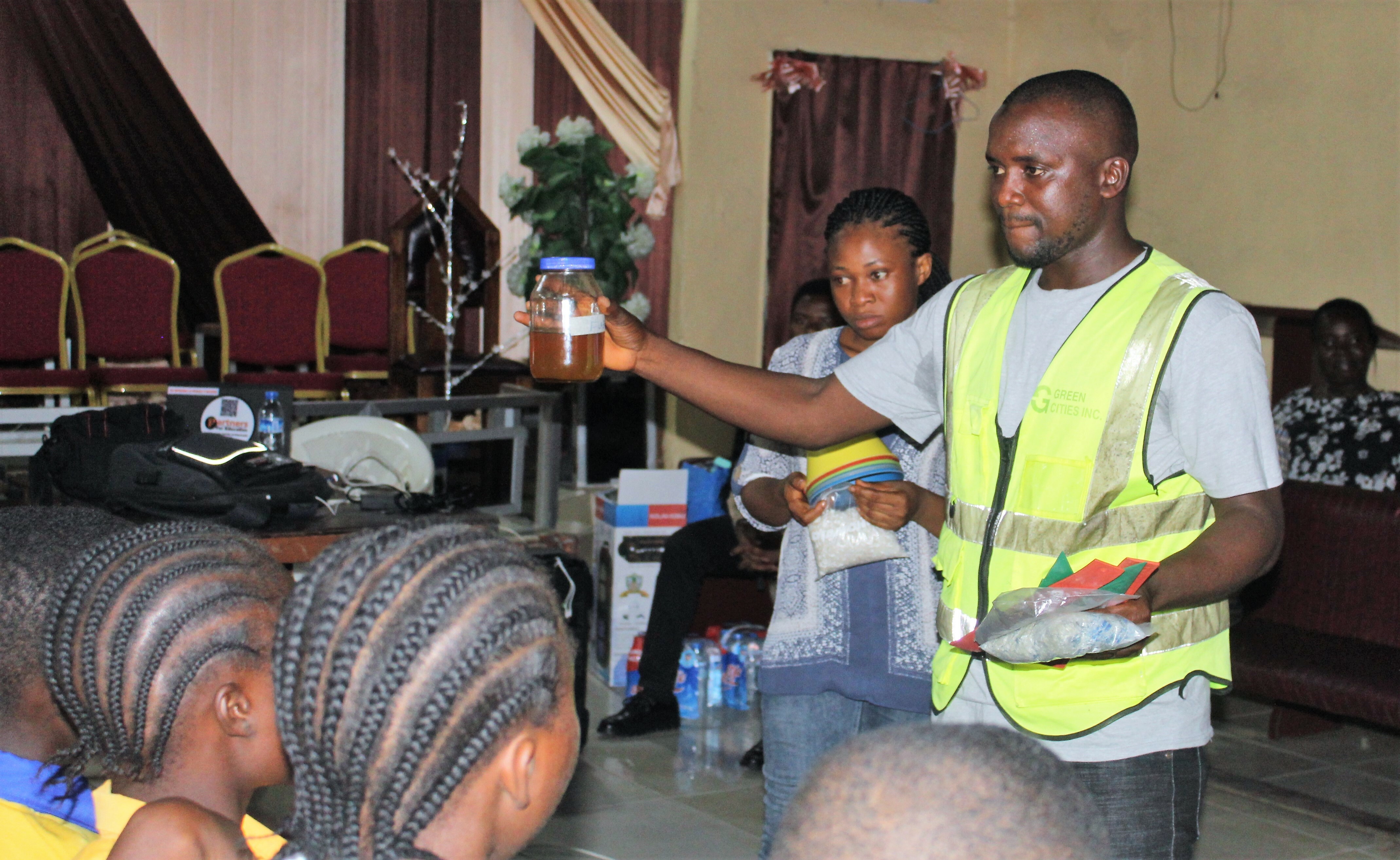
In a post-workshop survey, 98% of participants reported that they now feel confident and equipped to take the message back to their communities. As one participant stated, “We can only solve the waste issue by changing mindset and behavior. A healthy outside starts from the inside."
This project was successful because of the relentless effort and dedication my team and partners put into it. My biggest “thanks” goes to the YES program and its funder, the U.S. Department of State’s Bureau of Educational and Cultural Affairs. I would also like to thank my host dad and my placement organization for all your support.


